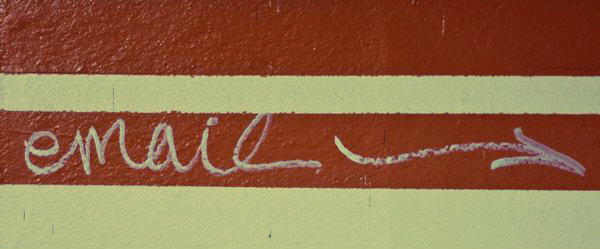Huntington Ingalls Inc. v. Doe, 2012 WL 5897483 (N.D. Cal. November 21, 2012)
A federal court in California has allowed a party to subpoena Google to learn the identity of a Gmail account owner, even though that owner did nothing to involve himself in the dispute.
A contractor that plaintiff hired accidentally emailed “property” belonging to plaintiff to the wrong email address. (The court’s opinion is not clear on the nature of this “property,” but we are safe in assuming it was some sort of proprietary information.) Plaintiff sent messages to the Gmail account seeking return of the property, but the unknown account owner did not respond.
Plaintiff filed suit in federal court against the anonymous account holder (John Doe) seeking declaratory and injunctive relief (i.e., to get the property back). Since plaintiff did not know Doe’s identity, it sought expedited discovery so that it could subpoena Google for the identifying information.

The court granted the motion for leave to send the subpoenas. It found that:
- without the subpoena, plaintiff would have no other way to obtain “this most basic information”
- the subpoena was the exclusive means available to plaintiff to protect its property interest
- plaintiff’s proposed procedure guarded Doe’s due process rights by requiring Google to give Doe notice of the subpoena and an opportunity to object
The court’s opinion shows how any privacy interest in one’s email account information is tenuous at best. In this situation, the target of the unmasking efforts was, as they say, minding his own business, not doing anything to inject himself into any dispute.
Moreover, unlike many previous cases in which courts have required the party seeking discovery of an anonymous party’s identity to put forth facts showing it has a good case, there was no claim here that Doe did anything wrong. Instead, it was the sender’s mistake. One could find it unsettling to know that other peoples’ errors could cause a court to order his or her identity to be publicly revealed.
Photo courtesy Flickr user Bart Heird under this Creative Commons license.
